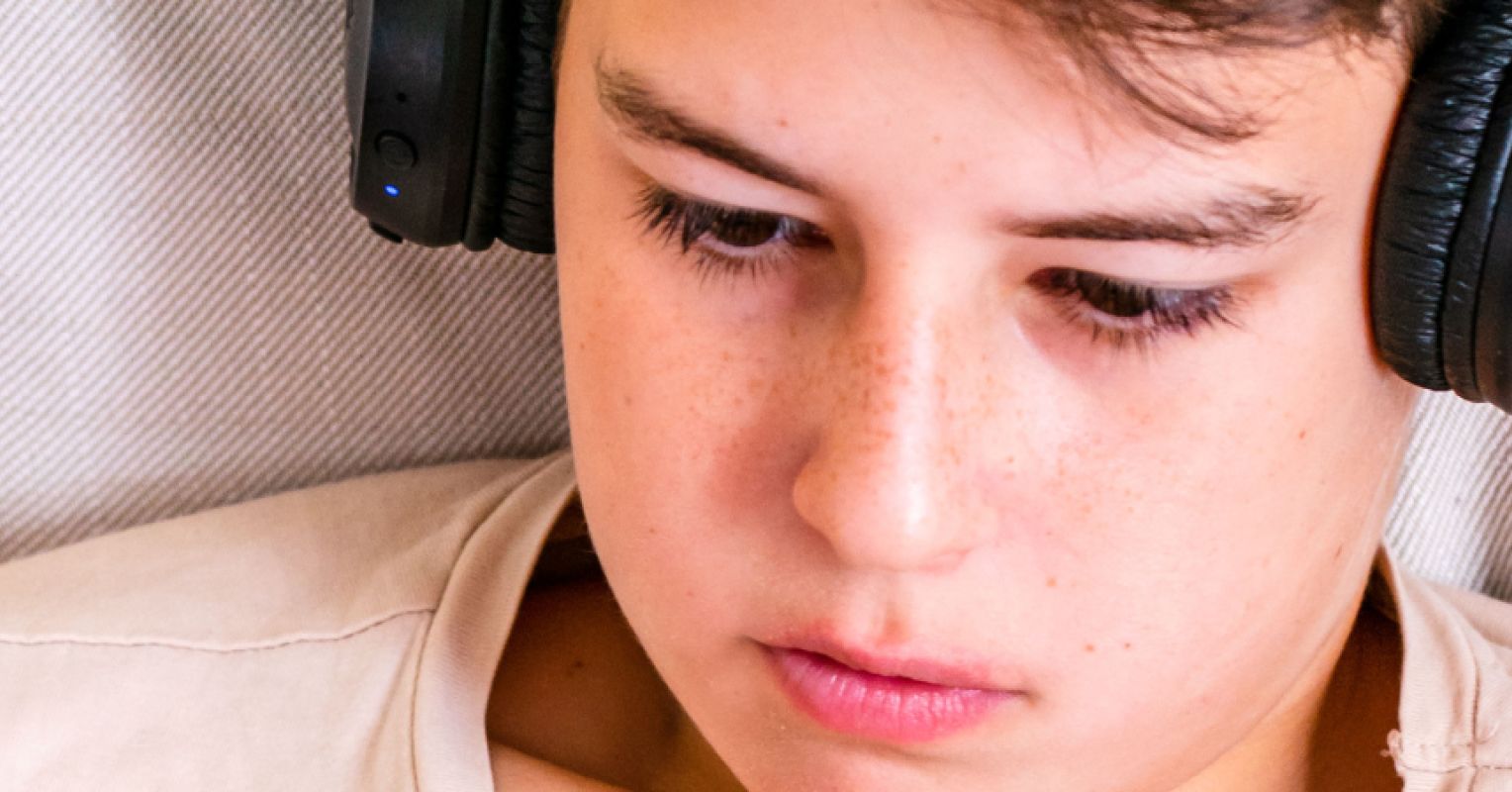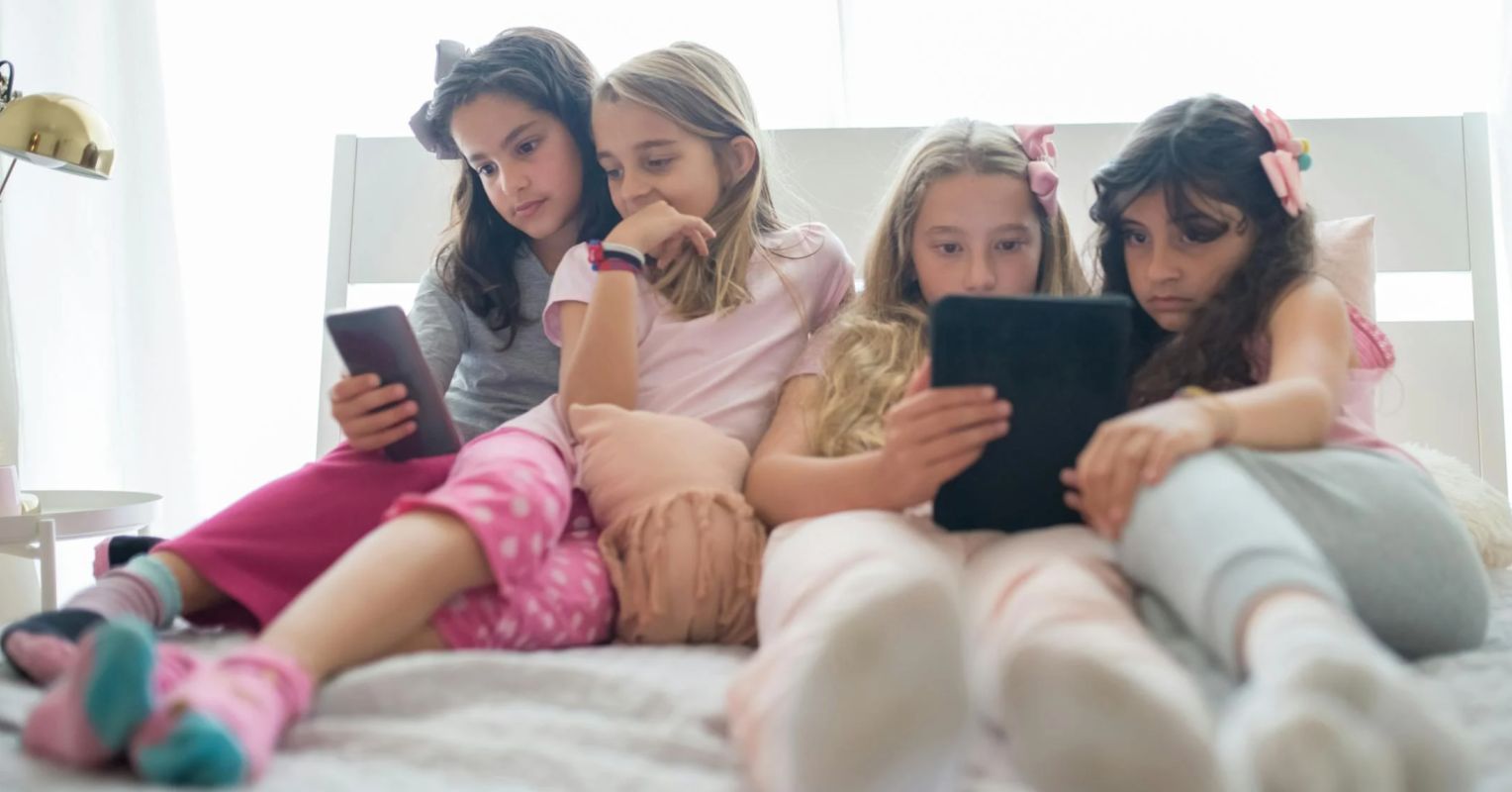fromPsychology Today
6 days agoI Told the Bot, Not My Therapist
People have always sought private spaces for their thoughts: journals, prayers, late-night conversations with themselves. What feels different now is interactivity. A conversational AI system is not a silent page or an imagined listener. It responds. It validates. It adapts to tone and content. For many users-especially those who feel misunderstood or overwhelmed-that responsiveness can feel like relief.
Mental health






